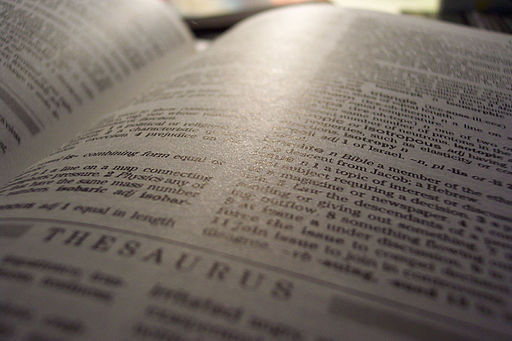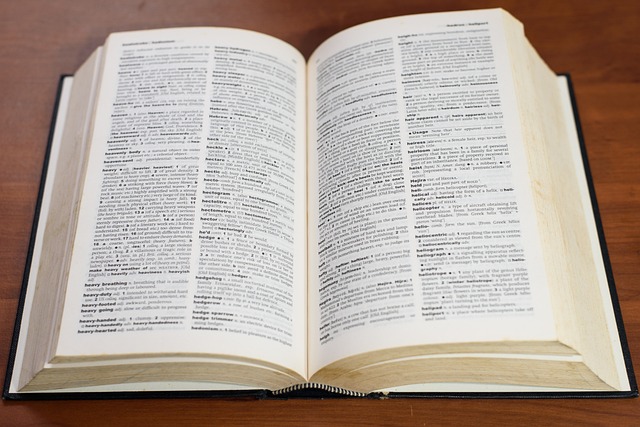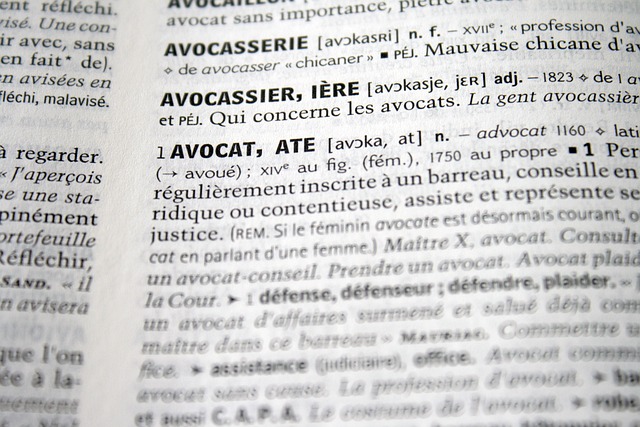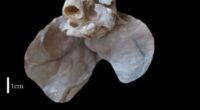A thesaurus provides synonyms and antonyms for words, enhancing language variety. A dictionary defines words, offering meanings, pronunciations, and usage.
TL;DR Thesaurus Vs. Dictionary
A thesaurus provides synonyms and antonyms, allowing us to find alternative words that convey similar or opposite meanings. It helps us add variety and depth to our writing, making it more engaging and expressive.
A dictionary gives us precise definitions of words, enabling clear communication and understanding.
What is a Thesauruses?

A thesaurus is a reference tool that provides a collection of words grouped based on similarity in meaning.
It offers synonyms (words with similar meanings) and antonyms (words with opposite meanings) for a given term. The goal is to aid writers and speakers in finding alternative words, enhancing language variety, and avoiding repetition.
Thesauri often include related words and phrases, allowing users to explore nuances in language and choose the most suitable expressions. This resource is valuable for improving vocabulary, refining communication, and adding depth to written and spoken expressions across various contexts.
What is a Dictionary?

A dictionary is a comprehensive reference work that provides definitions, pronunciations, and often, etymologies of words.
It serves as a linguistic resource, offering detailed information about a language’s vocabulary. Dictionaries may include information on word origins, usage, and grammatical details.
They act as authoritative guides for correct word meanings, spellings, and proper usage in written and spoken language. Modern dictionaries, available in print and online formats, often include additional features such as language translations, examples of word usage, and information on word evolution. Dictionaries play a crucial role in language comprehension, learning, and effective communication.
Thesaurus Vs. Dictionary – Key differences
| Feature | Thesaurus | Dictionary |
|---|---|---|
| Purpose | Provides synonyms and antonyms for words | Offers definitions, pronunciations, and usage details for words |
| Content | Lists words grouped by meaning relationships | Contains comprehensive word entries with detailed information |
| Information | Synonyms, antonyms, related words | Definitions, pronunciations, etymologies, usage examples |
| Language Exploration | Enhances language variety by suggesting alternatives | Facilitates understanding of word meanings and usage |
| Word Relationships | Focuses on similarity in meaning relationships | Provides insights into word origins, usages, and contexts |
| Usage Guidance | Aids in selecting appropriate words for expression | Guides correct word usage, spellings, and grammatical details |
| Comprehensiveness | More focused on language variety and word choices | Comprehensive coverage of a language's vocabulary |
| Common Examples | Roget's Thesaurus, Thesaurus.com | Merriam-Webster, Oxford English Dictionary |
When to use a Thesaurus Vs. a Dictionary?
When to use a Thesaurus
- Variety Needed: You want to enhance language variety, find synonyms, and avoid repetitive word use.
- Writing Style: Seeking a specific tone, style, or nuance in your writing by exploring alternative words.
- Expressive Writing: Enhancing creative or expressive writing with a range of similar words.
When to use a Dictionary
- Meaning Clarification: You need to understand the precise meaning, pronunciation, and usage of a word.
- Correct Spelling: Confirming correct spellings, grammatical details, and word usage.
- Word Origin: Exploring the etymology and historical evolution of a word.
- Language Learning: Building vocabulary, learning correct word usage, and understanding language nuances
Image Credits
Featured Image By – CQF-avocat from Pixabay
Image 1 By – No machine-readable author provided. AndriuZ assumed (based on copyright claims)., CC BY-SA 3.0, via Wikimedia Commons









